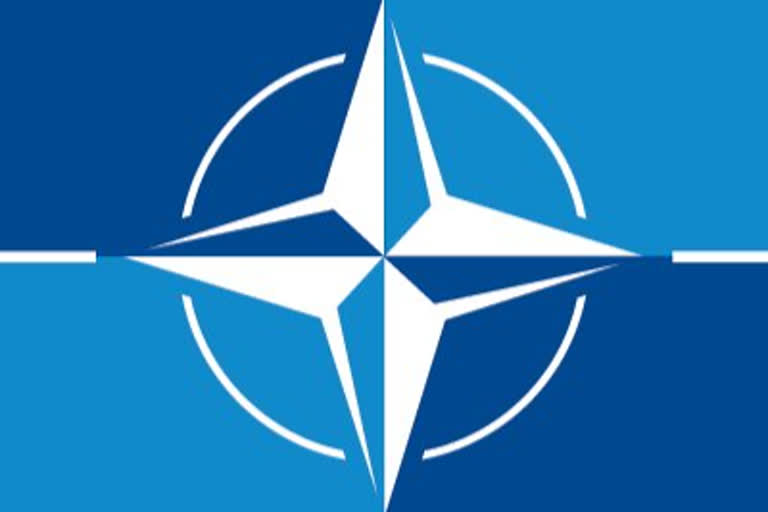New Delhi: Causing an international furore with his remarks at a New Delhi event on Friday organized by the government-backed Manohar Parikkar Institute of Defence and Strategic Analysis (MPIDSA), a leading Indian think-tank, the German Navy chief, Vice-Admiral Kay-Achim Schönbach, has had to put in his papers on Saturday in a sudden development that caught everyone unawares.
The shock resignation is a pointer to the fact that NATO and the West may be hardening their stance against Russia which has massed about a lakh of its soldiers on the border with Ukraine in the last few weeks in what many see as a move with an intention to invade Ukraine.
Ukraine is a breakaway nation from the erstwhile Soviet Republic of the USSR but its ties with Russia plummeted following the Russian invasion and occupation of Crimea in 2014 which was earlier a part of Ukraine.
Germany is attempting to modify former Chancellor Angela Merkel’s policy of not being very hard on Russia. Within Germany, the center-left government led by Chancellor Olaf Scholz, vitally influenced by the Liberals and the Greens parties, is hugely concerned with human rights issues pertaining to Russia.
While NATO and the EU remain strongly divided over how to react to a possible invasion by Russia, the German Navy chief’s resignation indicates the dominance of the camp that seeks stronger action against Russia.
On Wednesday, US President Joe Biden had admitted to the lack of unity in the NATO ranks when he said, “It’s very important that we keep everyone in NATO on the same page. That’s what I am spending a lot of time doing. And there are differences… There are differences in NATO on what countries are willing to do, depending on what happens.”
